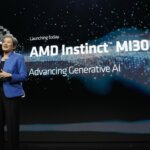Nvidia has its eyes set on Southeast Asia, especially Singapore, Malaysia and Vietnam
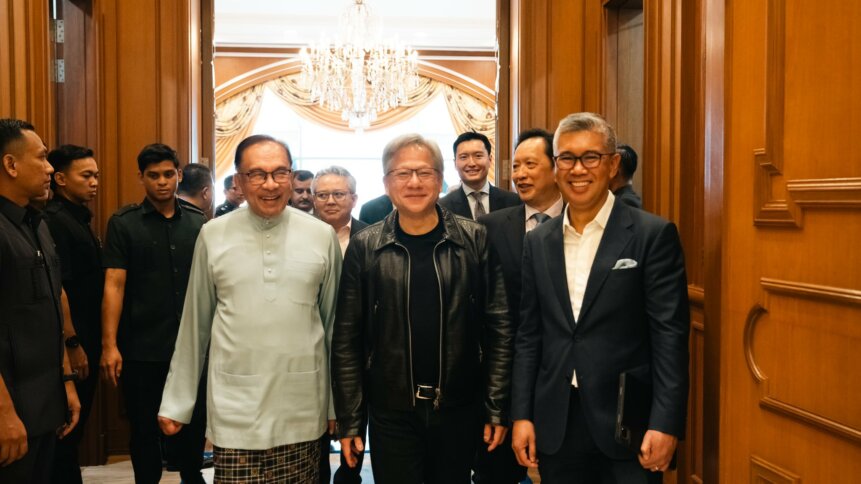
- During CEO Jensen Huang’s visit to Malaysia, Nvidia announced a partnership with a local conglomerate to build AI infrastructure that will bring the fastest supercomputers to the SEA nation by the middle of 2024
- The one-hour-long briefing saw Huang share his perspectives on generative AI, AGI, Malaysia’s data center sector, and US-China geopolitical tensions.
- Nvidia plans to set up a base in Vietnam to boost its semiconductor industry, recognizing its significance in the Vietnamese market.
When Jensen Huang established Nvidia three decades ago, his vision was to turn his passion into a thriving industry. He shared a foresight with his team, and they began shaping the future of computing, emphasizing the significance of accelerated, graphics-focused processing. Grounding their argument in the success of video game consoles thirty years ago, Nvidia has since transformed into the leading producer of microprocessors driving the AI revolution today.
In 2013, Huang, as CEO and co-founder of Nvidia, made a strategic bet on AI, influenced by promising research from the academic computer science community, charting a course that would define the company’s future. The pivotal moment arrived in mid-2023, when it was disclosed that ChatGPT, the AI chatbot dominating headlines since it went live in late 2022, had been trained on an Nvidia supercomputer.
Subsequently, on May 25, 2023, with the Nasdaq opening, Nvidia’s market value skyrocketed by around two hundred billion dollars, propelling the chipmaker to breach a market cap of US$1 trillion a few days later. Described as the sole “arms dealer” in the ongoing AI war by a Wall Street analyst, today, Nvidia has become synonymous with AI dominance.
“We now have AI that can understand data of many kinds: text, images, chemicals, proteins, and even the laws of physics. And it can generate content of many kinds,” Huang told reporters during a media roundtable session in Kuala Lumpur last week.
Huang spent an hour with local reporters on his maiden trip to Malaysia. “I have the opportunity to meet your Prime Minister. And as you know, your Prime Minister is the only prime minister in the world with AI as his name, and I’m in the AI business. How can I refuse to meet the AI Prime Minister?” he said. (The Prime Minister’s name is Anwar Ibrahim – AI if abbreviated).
When asked about the purpose of his trip to Malaysia as part of his Asian tour, Huang said he had taken the opportunity to visit many developers, startups, researchers, and young companies.
“Second, as you know, Malaysia is an excellent infrastructure hub for Southeast Asia, with really terrific companies like YTL,” he added. As some unconfirmed reports suggested, Huang was asked if Nvidia and YTL are working together. But it wasn’t until after the media briefing that the announcement came that confirmed YTL will advance AI development in Malaysia in collaboration with Nvidia.
Nvidia & YTL
On November 8, 2023, Malaysian infrastructure conglomerate, YTL Power International Berhad (YTL), revealed its partnership with Nvidia to develop AI infrastructure, aiming to introduce the fastest supercomputers to Malaysia by mid-2024. The announcement was made during a meeting on Friday, attended by Huang and Prime Minister, Anwar Ibrahim, along with other key figures.
YTL is a company with a distinct legacy. “[Since computing infrastructure] requires access to land, facilities, and power, I think YTL could play a great role in that,” Huang told reporters before YTL announced later that day.
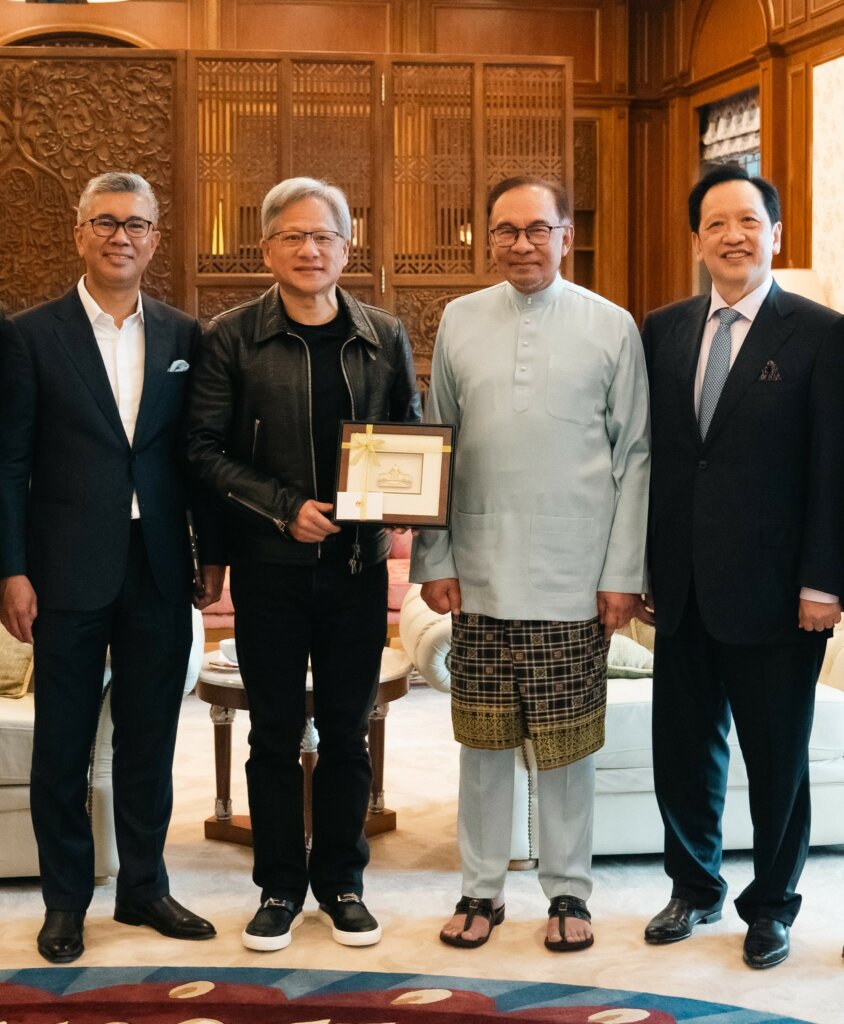
(L-R) Tengku Zafrul Abdul Aziz, Minister of Investment, Trade and Industry (Miti), Jensen
Huang Jen-hsun, NVIDIA Corp CEO and Founder, Anwar Ibrahim, Malaysia PM,
Yeoh Seok Hong, MD, YTL Power International Berhad.
Unlike Singapore, the collaboration will give birth to Malaysia’s first supercomputer by Nvidia YTL, which will deploy Nvidia H100 Tensor Core GPUs, which power today’s most advanced AI data centers, and use Nvidia AI Enterprise software to streamline production AI. “Nvidia AI Enterprise includes Nvidia NeMo, an end-to-end, cloud-native framework for building, customizing, and deploying generative AI models from anywhere,” Nvidia explained.
YTL’s AI infrastructure, situated in the YTL Green Data Center Park in Kulai, Johor, a 500 MW facility powered by on-site solar energy, will be owned and managed by YTL Communications Sdn Bhd. The initial phase is expected to be operational by mid-2024. As a pioneer in mobile networks, YTL Communications, under its “Yes” brand, introduced 4G and 5G services in Malaysia.
According to YTL, the AI infrastructure will support the development of scientific research applications and propel Malaysia toward becoming an AI-driven nation. “YTL not only offers energy-efficient AI infrastructure but also develops AI applications and services, leveraging Nvidia NeMo to create a customized Malay language foundation model reflecting Malaysia’s diverse heritage,” the company said.
Nvidia CEO sees Malaysia as a data center hub
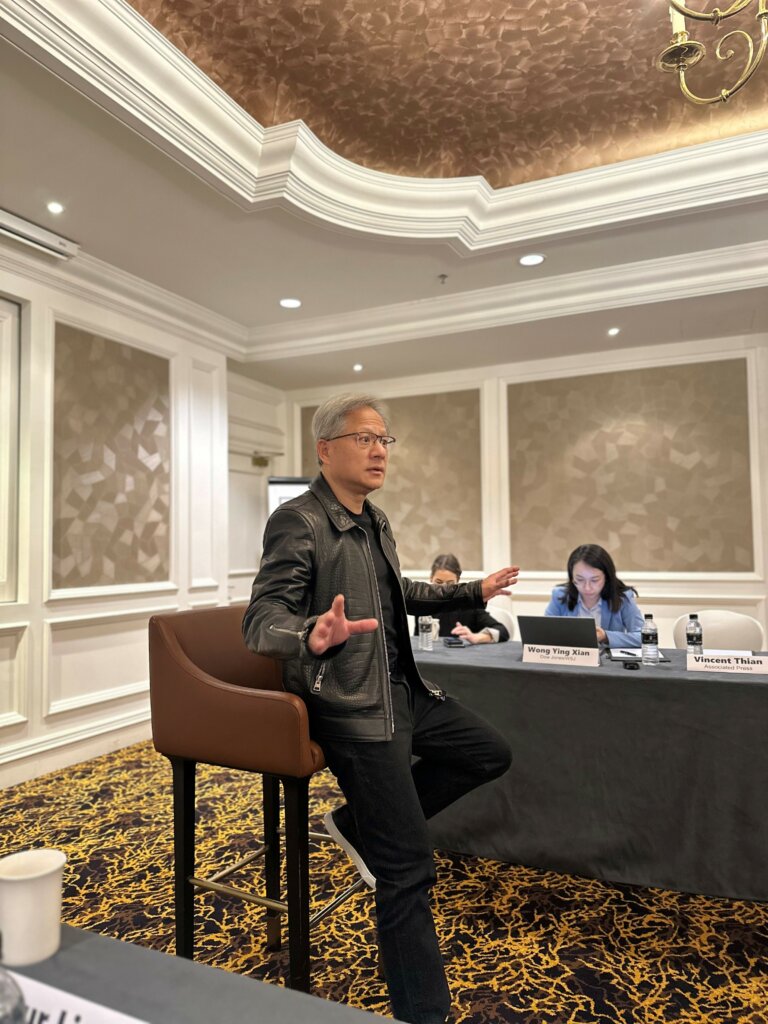
Clad in his signature look – a black leather jacket, often paired with a black T-shirt and black jeans, which he wears every time he is in the public eye – Huang spent an hour with local reporters during his maiden trip to Malaysia. Photo: Tech Wire Asia/TechHQ
Throughout the roundtable, Huang iterated several times the possibility of Southeast Asia becoming a vital technology hub.
“[The region] is very good at many aspects of the technology supply chain and quite excellent in packaging and assembly as well battery manufacturing in particular,” Huang told reporters.
In Malaysia particularly, the data center infrastructure, “a layer of computing which is one of the most important parts of AI and cloud, is very successful here,” Huang said. “I think we’re going to see Southeast Asia participate across the entire technology stack, and Malaysia play a role in cloud infrastructure,” he added.
Huang also explained how the AI revolution has given birth to a new type of data center: the AI data center.
“This type of data center is unlike the old one; it’s designed to produce while the previous kind was designed to hold data. That’s why it was called the data center. It was designed to hold all of our files and run applications,” he explained. The AI data centers, according to the tech titan, are “really factories.”
“It takes raw data and transforms it into real, valuable data. That’s called artificial intelligence, a transformation that is basically like manufacturing,” Huang emphasized. Therefore, he believes Malaysia’s excellent manufacturing and Nvidia’s data center technology expertise could turn the country into a hub for AI manufacturing.
“China is crucial to us,” Nvidia CEO reiterates
The topic of China and its geopolitical tensions with the US frequently arises wherever Huang is, given that the Eastern powerhouse accounts for approximately 20% of the US chip giant’s global revenue. At the Malaysian roundtable, Huang was asked about the unfortunate dynamics between the nations. “There’s no guarantee of success,” he said, “so we’ll do our best to succeed.”
For context, the AI chip giant has commanded more than a 90% share of China’s US$7 billion AI chip market. The initial impact of the October 2022 US restrictions targeted the company’s H100 and A100 AI chips, seeking to limit sales to China. In a September 2022 filing, Nvidia indicated that the US government had permitted the continued development of the H100 in China.
But when Chinese companies shifted to using Nvidia’s H800 and A800 chips, made specifically for the Chinese market, they faced renewed restrictions on those sales imposed by the US in October this year.
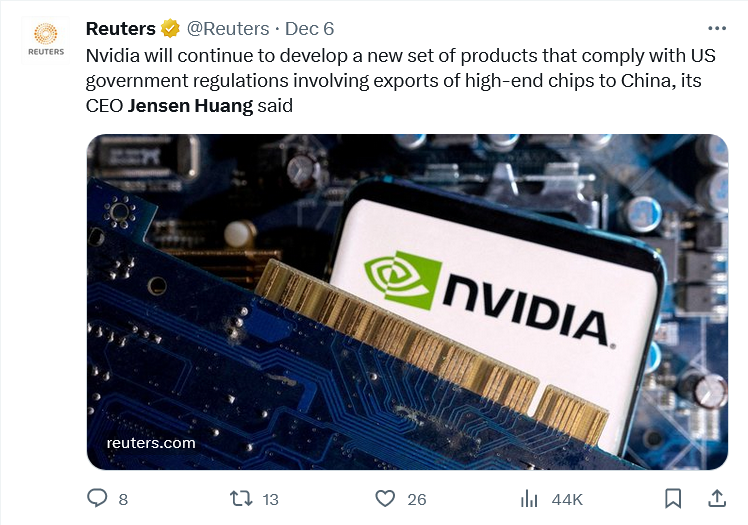
Nvidia CEO predicts Vietnam expansion and AGI.
“The US has determined to regulate our technology, the highest end of our technology, and limit its access to China. The regulations specify the maximum performance we can ship to China, and we will follow the regulations precisely, and very explicitly do so,” Huang told reporters, adding that Nvidia is currently in the process of coming up with new chips for China.
What is AGI, and when will it be a reality?
Reporters asked Huang about AGI–artificial general intelligence–which he defined as a piece of software or a computer that can complete tests that reflect basic intelligence that’s “fairly competitive” with that of an average human. “I believe we can achieve this. A general version perhaps in the next five to eight years,” he predicted.
He explained that while machine learning excels in tasks like recognition and perception, it currently lacks the capability for multistep reasoning, a crucial focus for companies and researchers to achieve AGI, according to Huang.
Nvidia in Vietnam
The CEO of Nvidia concluded his Southeast Asia visit with a stop in Vietnam, where he plans to create a hub to boost the country’s semiconductor industry, marking it as a crucial market. Although it was another of Huang’s inaugural visits, he expressed the company’s commitment to establishing a center in Vietnam, considering it as Nvidia’s home.
“The base will be for attracting talent from around the world to contribute to the development of Vietnam’s semiconductor ecosystem and digitalization,” said the Vietnamese government, citing Huang after he met with Prime Minister Pham Minh Chinh.
Having previously invested US$250 million in Vietnam, Nvidia is scheduled to explore collaboration agreements on semiconductors with Vietnamese tech companies and authorities during a meeting today, as reported by Reuters last week.






